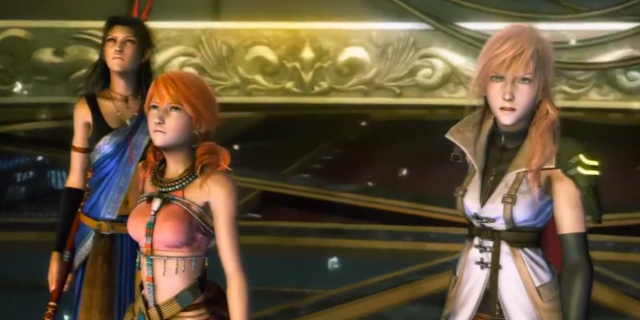
There are more than a few reasons why you won’t find me reviewing games for Snackbar anytime soon. Besides the fact that we already have an excellent review staff, I simply can’t be objective enough to calmly rationalize why a game is good and why it’s bad based purely on design. I’m too emotional.
I’ll overstate how awesome I thought one cutscene was, and give the game an incredible score that doesn’t reflect the quality of the entire product. If you saw my list of games that I’ve beat and ranked, you’d say I was crazy. I have Final Fantasy XIII ranked higher than Fallout 3. I have BioShock 2 ahead of the original. I have Mirror’s Edge ahead of The Wind Waker, Enslaved ahead of Metal Gear Solid 3 and Blue Dragon ahead of Tales of Symphonia. I’m susceptible entirely to how I felt about a game, rather than the core criteria a reviewer should look at and the rational thinking a critic should possess.
My lasting memories of a game rest largely on how good the ending was. This doesn’t make a whole lot of sense. You spend hours and hours playing a game, so why should you care about the last one percent of your experience? Shouldn’t the gameplay, graphics, audio, presentation, impact, lasting appeal and overall fun factor be far more important? Who cares?
For better or worse, I care. Greatly. A bad ending can sour an otherwise-stellar experience. A good ending can leave me absolutely enthralled. I won’t be able to stop talking or thinking about it. This doesn’t apply strictly to games, either. How many times have you heard that a movie is great, but the ending is terrible? I don’t know what Oliver Stone was thinking, but the ending of Savages was so awful that I couldn’t believe it. The rest of the movie was pretty entertaining, but the ending? Somebody in our theater stood up and walked out. It’s a fundamental problem that artists across all media have. When, and how, do you finish?
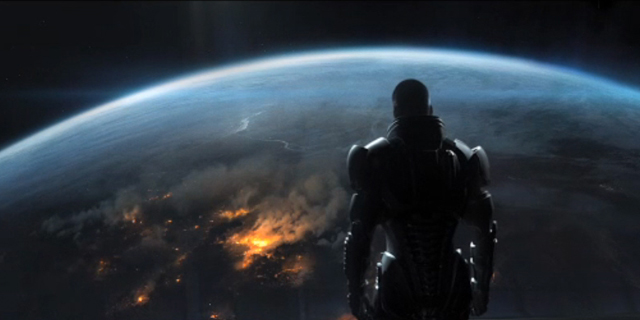
The basics of a good game ending aren’t hard to comprehend. It should tie up most loose ends. It should give you closure. It should complete the story in a way that feels satisfying. They don’t all have to be grand, epic endings or shock us with a twist. It needs to fit the rest of the game, and give us some sense of accomplishment. It’s not the only reason we play, but it’s part of it. We want to see what happens.
I’m not the only one who cares. We all saw the incredible backlash that Mass Effect 3‘s ending had on the gaming industry. Has it set a precedent? The Mass Effect series, easily one of the most notorious of the last six years, ended on such a controversial note that BioWare released a patch after the game had released, elaborating on a few points and added some choices to the final conversation. Fans were still irate. How could BioWare have gotten this so wrong? I wasn’t as mad as others; the last two hours were so intense that I couldn’t properly process what was going on until well after the credits were over. But it’s not the first time game developers have failed to deliver in this regard.
I hate to pick on Ni no Kuni. It represents my favorite genre in a classic way that also feels fresh. The visuals are genuinely impressive, as is the fully orchestrated soundtrack. The gameplay doesn’t match the high level of the aesthetic, but it’s passable. Upon completing it, however, I can say that the ending is god-awful. It totally fails to give you any sense of completion or closure.
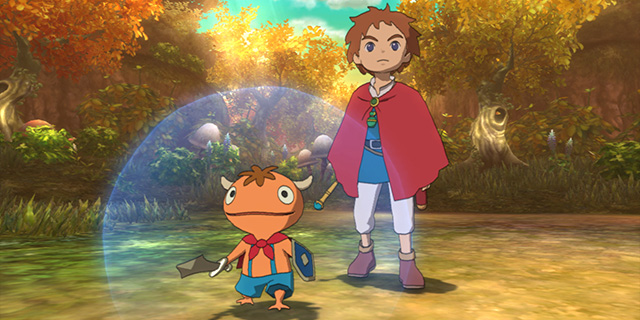
We’ve just taken a 40-to-60 hour adventure through a magical world, meeting many colorful characters, succeeding in numerous tasks to help the peaceful villagers and conquering many foes. I can picture numerous cutscenes of Oliver and his friends being received warmly by all the townsfolk, or a tearful goodbye from Oliver as he goes back to his real home. We don’t see anything of the sort. What, no last words with Mr. Drippy? The beginning of the game packs such an emotional punch that I was almost insulted at how little the game wraps up the story. Ni no Kuni was originally a DS game, and the PS3 version added on some content, including the “new” ending. You can very easily tell where the previous ending was, and it’s much better. I need to mention that there is a better ending available if you satisfy certain post-game accomplishments, but the majority of gamers aren’t going to do that. It’s a rare lazy choice by Level-5.
Two types of endings really get gamers’ goats: those lacking content (I’m looking at you, Ni no Kuni) and cliffhangers. Oh, the cliffhanger. I know why they do it, we all do. It’s so they leave room open for when they inevitably make the sequel.
XIII and Halo 2‘s endings are shameful, terrible cliffhangers. They don’t give you a sense of closure, and you don’t get any sense of accomplishment. XIII‘s throws you a twist that you really couldn’t care less about and Halo 2‘s ending finishes with Master Chief replying that he was “finishing this fight.” What he meant was that players would have to get Halo 3 to see the real ending.
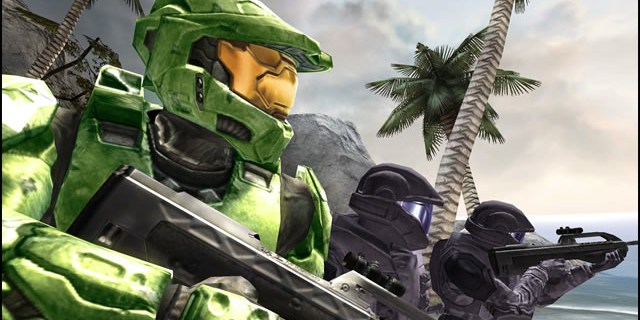
We understand the reasons behind it, but that doesn’t excuse these poor finales. Cliffhangers don’t have to be terrible. I know I’ve already spent an entire article gushing about The Walking Dead, but its ending is very powerful. It’s a cliffhanger, sure. Telltale confirmed a second season was coming before the first had finished. But nobody would call it empty. It finishes the main storyline with an appropriate brutality, no matter what choice you make. So we can have our cake and eat it too.
As much as a bad ending can diminish a positive experience, a great ending can exponentially increase your enjoyment. Chrono Trigger and Heavy Rain both have multiple endings. Not only does this encourage multiple playthroughs, but it also rewards the player with a custom experience based on the choices they made.
Games don’t have to have grand, epic endings to be satisfactory. To the Moon, a very simple game that would qualify more as a piece of interactive fiction rather than a traditional video game, has a wonderful ending. A great accompanying soundtrack gives you a warm feeling as you complete the story. Kingdom Hearts II‘s ending fills you with relief. After about 19 forms of the end boss, Riku and Sora end up back home. The ending consists of you running to your friends and embracing them to one of the best end themes ever made. Sure, there’s a post-credits cliffhanger, but because we get an emotionally satisfying conclusion, it’s forgiven.
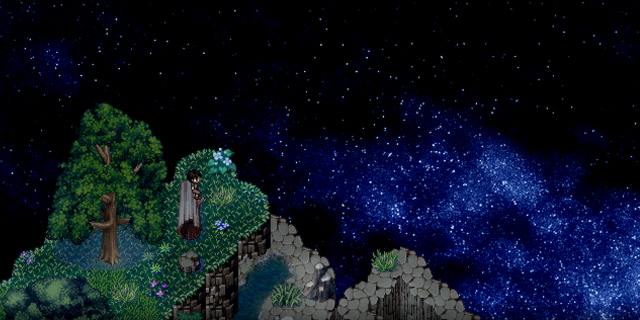
The endings of Portal 2 and Red Dead Redemption‘s endings are nothing short of brilliant. Portal 2 combines gameplay and character design flawlessly in the concluding scene. It’s shocking, hilarious and satisfying. Red Dead Redemption‘s is so tragic, I still feel bad for the main character. John Marston is a man with a bloody past, and it finally catches up to him. It’s Shakespearean. It’s bold. It is so monumentally unfair that the revenge you get as his son is barely enough.
Developers, don’t cheap out on the ending. Sure, you can give us a cliffhanger and prepare us for a sequel. You don’t want to write yourself into a corner, I get that. But give us something. A sense of accomplishment. Something to think about when we put down the controller. Long after we pop out the game and put it back into the case for the last time, we’ll remember that last moment.



















